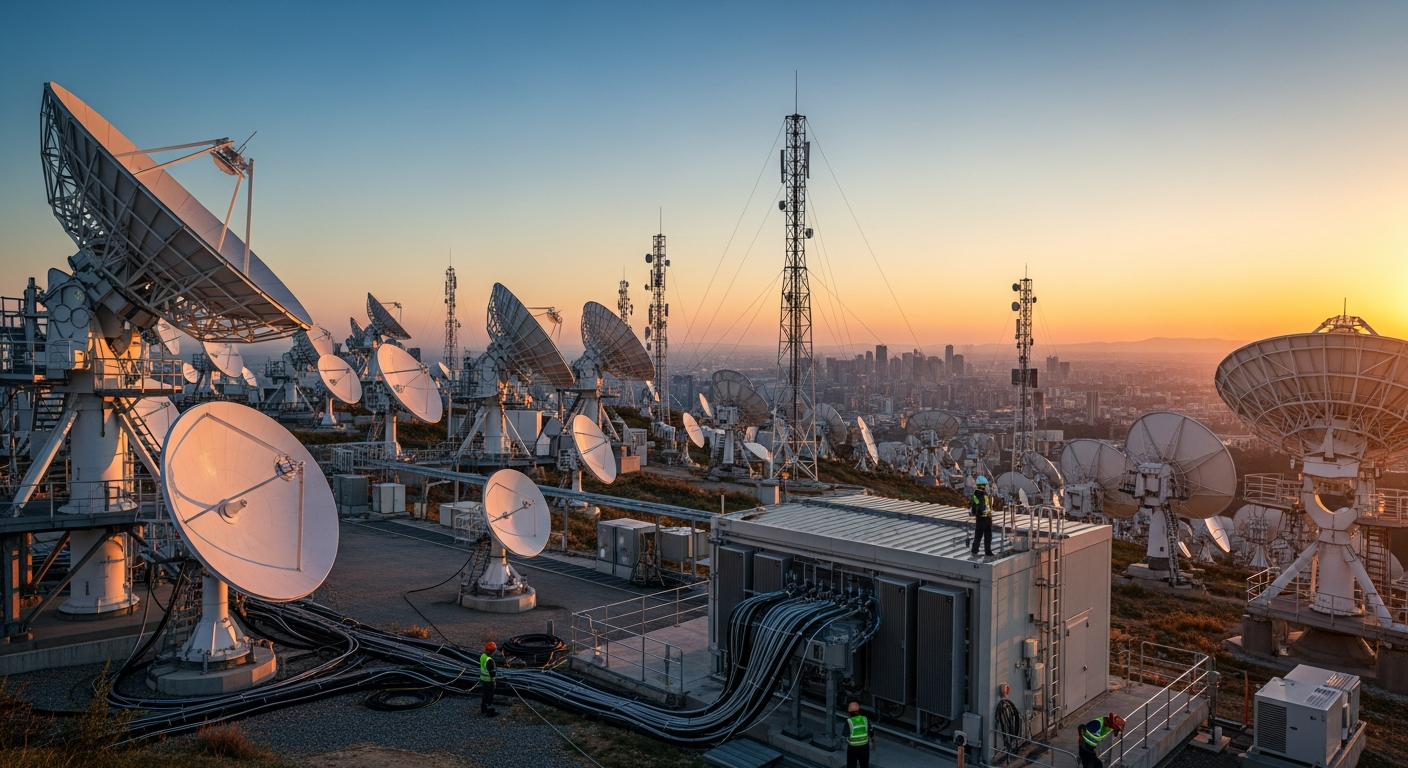Title: Navigating the Complexities of International Space Law
Introduction: In the rapidly evolving frontier of space exploration, a complex web of legal frameworks governs human activities beyond Earth's atmosphere. As nations and private entities push the boundaries of space technology, the field of international space law faces unprecedented challenges and opportunities.

The Five UN Space Treaties
Following the Outer Space Treaty, four additional UN treaties were adopted to address specific aspects of space activities. The Rescue Agreement of 1968 mandates the rescue and return of astronauts and space objects. The Liability Convention of 1972 establishes rules for damage caused by space objects. The Registration Convention of 1975 requires states to maintain registries of objects launched into space. Lastly, the Moon Agreement of 1979 attempted to regulate the exploitation of lunar resources, though it has limited ratification.
Emerging Legal Challenges in Space Exploration
As space activities diversify, new legal questions arise. The commercialization of space has introduced complex issues regarding property rights and resource exploitation on celestial bodies. The concept of space mining, for instance, challenges traditional interpretations of the Outer Space Treaty’s non-appropriation principle. Legal scholars debate whether current treaties adequately address the extraction and ownership of space resources by private entities.
Space Debris and Environmental Concerns
The proliferation of satellites and space debris poses significant challenges to space law. With over 500,000 pieces of debris orbiting Earth, the risk of collisions threatens operational satellites and human spaceflight. Current legal frameworks struggle to address liability for damage caused by space debris and the responsibility for its removal. As space activities intensify, the need for robust regulations on debris mitigation and active removal becomes increasingly urgent.
Militarization and Weaponization of Space
Despite the Outer Space Treaty’s prohibition on placing weapons of mass destruction in orbit, concerns about the militarization of space persist. The development of anti-satellite weapons and the establishment of military space forces by several nations raise questions about the interpretation and enforcement of existing treaties. Legal experts grapple with defining the boundaries between defensive and offensive space capabilities within the current legal framework.
International Cooperation and Dispute Resolution
As space activities become more complex and involve multiple stakeholders, effective mechanisms for international cooperation and dispute resolution are crucial. The UN Committee on the Peaceful Uses of Outer Space (COPUOS) plays a vital role in fostering dialogue and developing guidelines for space activities. However, the non-binding nature of many space law instruments poses challenges for enforcement and compliance.
The Future of Space Law
The rapid pace of technological advancement and the increasing number of space actors necessitate the evolution of space law. Discussions are underway to address gaps in current treaties and develop new legal instruments. Proposals include frameworks for space traffic management, guidelines for the sustainable use of space resources, and mechanisms to ensure equitable access to space for developing nations. As humanity’s presence in space expands, the legal community must work to create a robust and adaptable legal regime that balances innovation with responsibility and international cooperation.






